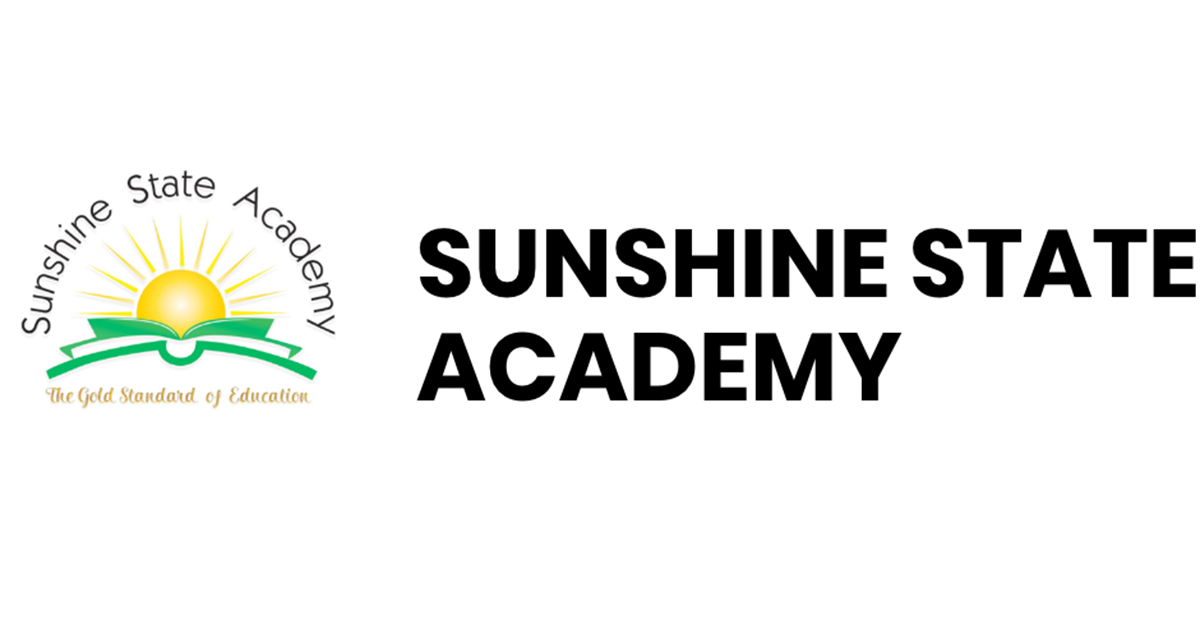Each teacher begins his or her path in learning how to center all lessons through the prism of their student needs. The way to interpret data to children must be met on different cognitive levels which stem from catering to different needs of presentation where it is visual, logical, spatial, etc.The action research project presented by Penny Juenenman in the book Educational Research gave a wonderful and interesting glance on how self-evaluation for teachers is vital in growing as an individual and professional being. The author examined how her theory of presenting information to her students changed as she grew complacent in her biology career of ten year.
The author presented her theoretical framework of action research and began by developing her participants as her 10th grade biology students, who she would foster in answering the questions of facilitating learning in a way that would result in more meaningful classroom discussion and thus lead to higher content level understanding and a deeper connection of biology to the world around them. The author wrote her analysis through action research. “Action research is a process by which teachers attempt to study their problems scientifically in order to guide, correct and evaluate their decisions and actions concerning their teaching and learning” (Gay, et.al, 2009, p.497).
The action research methodology allowed the author to collect data through student questionnaires, unit tests, audiotapes of discussion and student interviews. The author hypothesized that “through better discussions, students can develop a better understanding of the content being covered in class (and thus) students must talk about what they are doing, relate it to past experiences and then apply it to their daily lives’ (Gay, et.al, 2009, p.497). The author changes her style in many formats via additions made to her lectures and labs. The author allowed for students to participate in more in-depth discussion bringing in more real-world examples and humor in to the world of science.
Change is inevitable and thus the author through action research which in actuality is physical and mental change brought to the experimental process allows for change to occur. The author showed how brining in a different approach to her class increased activity, exam results and understanding of the world of biology. “Yes. Having meaningful discussions does help students make connections between biology content and the world around them” (Gay, et.al, 2009, p.504).
Reference
Gay, L.R., Mills, G.E., & Airasian, P. (2009). Educational research: Competencies for analysis and applications (9th ed.). Upper Saddle River, NJ: Merrill Prentice Hall.
